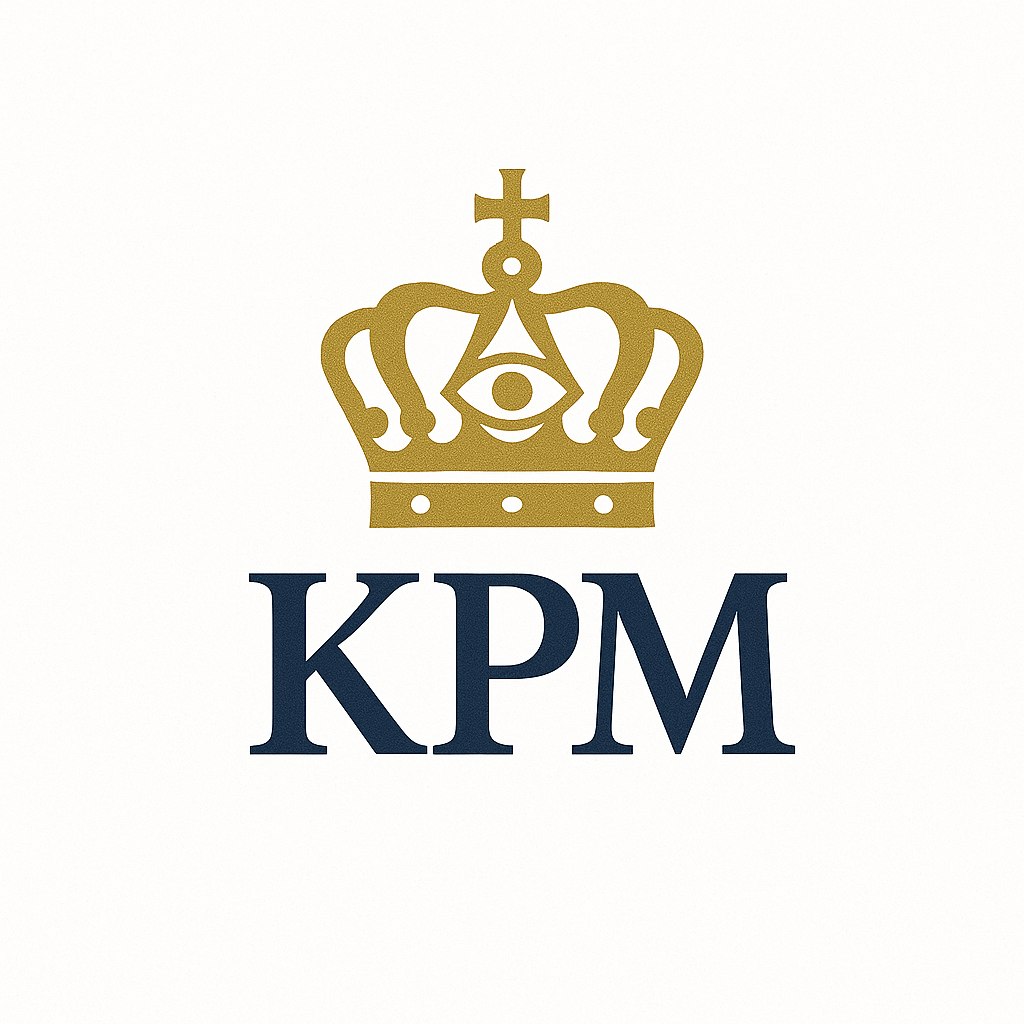Compliance Becomes Currency in Black Enterprise Reform
South Africa’s plan to let firms buy BEE status through a 3% levy exposes a deeper dilemma—compliance or creation. As growth slows to 0.9% and JSE yields stagnate, investors weigh whether empowerment will build real enterprise or just another fiscal indulgence.

South Africa is once again debating what transformation really means. The new proposal allowing unlisted companies to purchase a Level 3 B-BBEE rating by paying 3 percent of gross profit into a Transformation Fund has exposed the policy’s long-standing fault line: is empowerment about redistributing status or creating capacity?
The distinction matters. For two decades, Broad-Based Black Economic Empowerment (BEE) has been both moral compass and bureaucratic maze — a framework designed to undo structural exclusion but often reduced to scorecards and share swaps. Now, by monetising compliance, policymakers risk replacing participation with payment. What began as an instrument for equity could devolve into a system of indulgences, where firms buy virtue rather than build enterprise.
At first glance, the idea has logic. The levy would mobilise billions of rand for black-owned SMEs, channelled through a central fund to expand access to credit, skills, and markets. If managed well, this could address the liquidity drought choking black entrepreneurs, especially in manufacturing, logistics, and green industries. South Africa’s commercial banks remain conservative; risk premiums for unlisted black businesses often exceed 500 basis points above prime (ZAPRIME = 11.75 percent). A pooled transformation fund could, in theory, narrow that spread and democratise capital.
But the political economy of compliance is less tidy. Allowing firms to buy their BEE level effectively outsources moral responsibility to a cheque. The incentive becomes optimisation — finding the cheapest route to certification — rather than integration. This is precisely how transformation stagnated after the first BEE codes of 2003: ownership deals enriched a narrow elite while supplier development lagged. The result was rising black representation in boardrooms but limited black industrial ownership.
From a market-risk standpoint, the proposal also carries unintended distortions. A 3 percent levy on gross profit, applied indiscriminately, would raise effective corporate tax burdens by up to 60 basis points, compressing free cash flow and potentially crowding out reinvestment. Listed firms might absorb it within ESG budgets, but mid-tier and family-owned businesses — the backbone of job creation — could cut hiring or capital expenditure to offset compliance costs. That makes empowerment fiscally redistributive but economically regressive.
The macro context amplifies the tension. Growth hovers near 0.9 percent, inflation around 5 percent, and unemployment above 32 percent. Capital formation remains below 15 percent of GDP, far beneath the 25 percent threshold needed for sustained expansion. In such an environment, policies that tax profit rather than incentivise production risk dulling competitiveness. The Johannesburg Stock Exchange (JSE: J203) is already witnessing flat corporate earnings and sluggish listings. Adding a quasi-levy could reinforce investor caution.
Globally, comparable models have produced mixed outcomes. Malaysia’s Bumiputera policy succeeded in raising native shareholding but depressed FDI for a decade. India’s affirmative-procurement rules diversified vendors yet spawned rent-seeking intermediaries. The U.S. experience with minority-supplier programs shows progress when transparency and outcome-tracking exist, not when compliance is optional or purchasable. South Africa’s choice now sits between those poles: a transparent fund that finances genuine enterprise, or another fiscal silo open to capture.
Governance is the pivot. Who will audit the Transformation Fund? If managed through a state agency, can it escape the fate of the National Empowerment Fund, whose disbursement ratio seldom exceeded 60 percent? Without professional fund management and measurable ROI metrics, capital could pool without purpose. For investors — domestic or foreign — the issue is not ideology but credibility of execution. ESG portfolios allocating to Africa already monitor empowerment indicators; they will not price “status purchases” as transformation.
There’s also the optics of timing. In the post-election climate, the Government of National Unity is trying to stabilise sentiment and court private capital. A levy-based empowerment shortcut might read to markets as policy fatigue — an admission that genuine transformation is too hard. For black entrepreneurs who’ve spent decades navigating tender regimes and financing barriers, it feels like a hollow victory: equity without entry.
Yet dismissing the idea outright would ignore its potential if redesigned. A smarter framework would turn the levy into convertible equity, allowing contributors to invest directly in empowerment funds that finance scalable ventures — audited, transparent, and benchmarked to measurable enterprise creation. That would align incentives rather than monetise guilt. If each rand of compliance generated a rand of productive capital, the narrative would shift from “buying status” to building ownership.
In capital markets, perception often outruns policy. The rand (USD/ZAR: ZAR=) has held near 18.70 per USD, but sentiment remains brittle. Sovereign spreads on the R2037 bond hover around 11 percent, reflecting fiscal uncertainty. Investors interpret every policy signal as a referendum on reform intent. Should BEE evolve into a transactional tax rather than a productive mechanism, South Africa risks reinforcing the view that transformation is a cost center, not a growth lever.
The choice before policymakers is philosophical but also financial. True empowerment multiplies capital; symbolic empowerment merely reallocates compliance. South Africa’s transformation fatigue stems not from ideology but from execution gaps. Bridging them will require trust, transparency, and a willingness to measure success not by certificates but by factories, payrolls, and patents.
In the end, the question is not whether firms can afford a 3 percent levy — it’s whether the country can afford another decade of policies that look inclusive but compound exclusion. The market is watching closely. Empowerment that produces assets, not paperwork, will be the only version investors reward.





